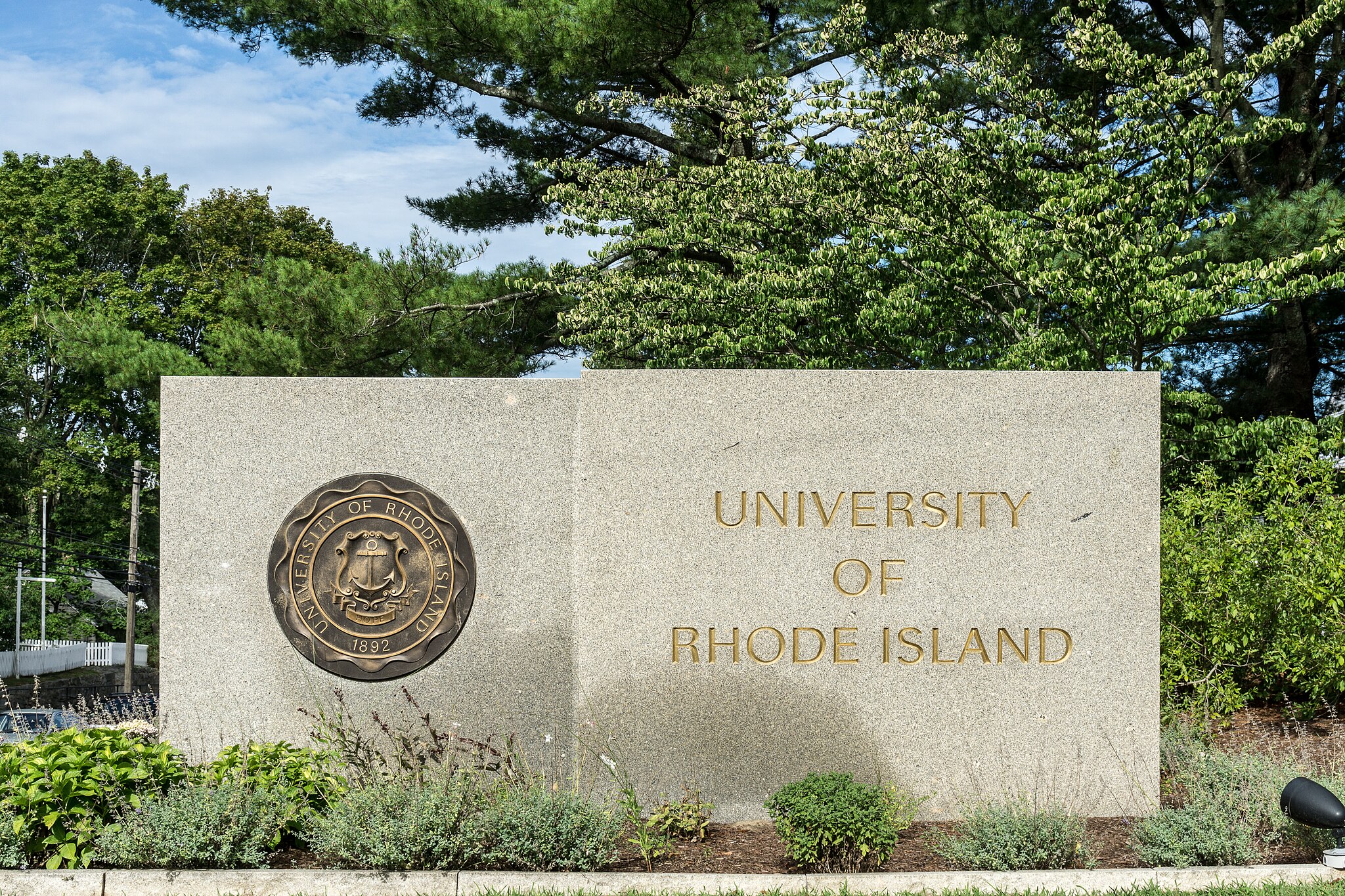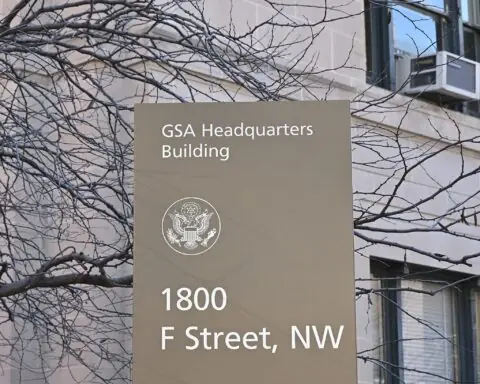Rhode Island is exploring the possibility of establishing the state’s first public medical school and first medical program since 1972.
A state Senate study commission is announcing national consulting firm, Tripp Umbach, as partner for a feasibility study that could place this new public medical school on the University of Rhode Island’s (URI) campus. Working in tandem, the initiative will look to reinforce Rhode Island’s medical pipeline and ensure the availability of primary care clinicians statewide.
“Few issues are as important as health care, and right now, our health care system is in critical condition,” Senate President Dominick J. Ruggerio said. “Strengthening the primary-care pipeline is an essential part of our work to make health care more accessible and affordable for Rhode Islanders.”
Currently, there is only one full medical school operating in Rhode Island – Alpert Medical School at Brown University, a private institution. However, as the state’s population ages, Rhode Island is not sustainably replacing the primary-care provider workforce.
Tasked with addressing this concern, the state Senate special commission studies the state’s health care workforce with an emphasis on education and retention. The commission’s efforts created the feasibility study to evaluate how URI can fill the state’s primary care physician needs.
While there are no cost estimates currently, the collaborative study will examine the need and feasibility of a medical education program at URI.
The study will also develop recommendations on workforce development, medical school models, enrollment projections, accreditation standards, financial viability and other necessities, such as resources, capacity to support clinical training and medical research opportunities.
Tripp Umbach, which will be responsible for public outreach, will engage with public and industry stakeholders, including health care organizations, federal and state agencies, research institutions, medical education providers, policymakers and professional associations.
Guided by these stakeholders, the URI partnership is expected to deliver the final feasibility report by June. The special commission will provide recommendations from the final report for Senate consideration by Dec. 20.
Photo courtesy Kenneth C. Zirkel, CC BY-SA 4.0 https://creativecommons.org/licenses/by-sa/4.0, via Wikimedia Commons












